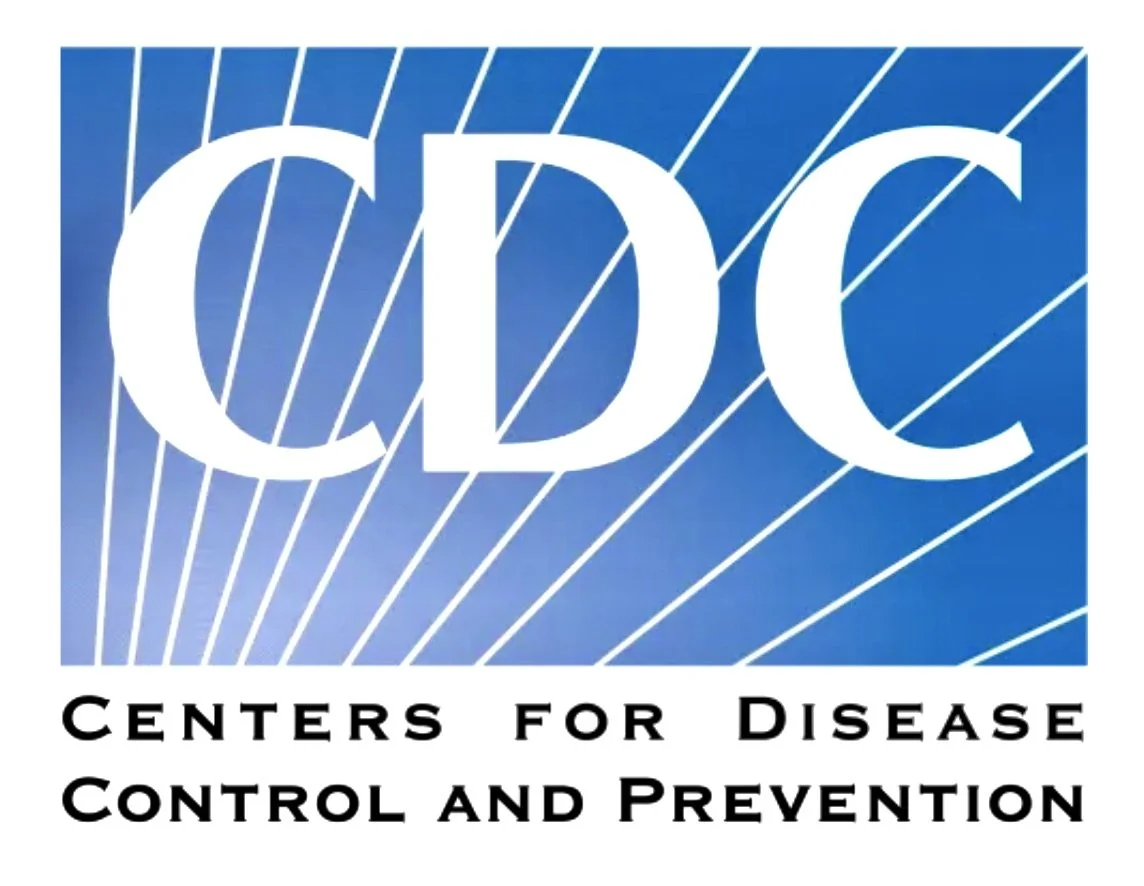Let’s end 2025 by celebrating a couple of pieces of good news in the education and advocacy department.
The first event I want to highlight took place in June, when, at its annual meeting, the American Medical Association (AMA) formally addressed the issue of fragrance sensitivity. The resolution they passed (H-135.902) did the following:
1. Recognized that for individuals with fragrance sensitivity and related disorders, environmental exposures have the potential to substantially limit major life activities
2. Promoted the wide adoption of fragrance-free policies, by healthcare facilities, government agencies, and nonprofit organizations
3. Encouraged research on fragrance sensitivity, in order to determine the impact of fragrances on health, improve diagnostic tools, and evaluate the impact of fragrance-free interventions
4. Supported better labeling and disclosure of fragrance ingredients in personal care products, cosmetics, and drugs
It remains to be seen how much impact this resolution will have, but it’s definitely a step in the right direction. If nothing else, individuals with chemical intolerances may be able to use it in their attempts to advocate for safe healthcare access in their own contexts and environments. It seems to me that theoretically, it could be used to advocate for safer churches, as well, since the resolution mentions nonprofit organizations.
The second piece of good news took effect on October 1. At that time, the Centers for Disease Control and Prevention (CDC) gave Gulf War Illness (GWI) an official medical diagnosis code. This is obviously good news for veterans with Gulf War Illness, but it may also be a step toward the validation of Multiple Chemical Sensitivity (MCS). Here’s why:
Dr. Beatrice Golomb led the effort to get GWI recognized. For many years, her research has concluded that both GWI and MCS are caused by chemical exposures which cause oxidative stress and mitochondrial dysfunction. She also believes that some people are genetically more susceptible to adverse effects from chemical exposures.
In an article published in Scientific Reports in July of this year, Golomb reported that variations in the SOD2 gene significantly predicted chemical sensitivity. She states clearly that “this supports chemical sensitivity as a physiological, not a psychogenic condition.” Because of Golomb’s work with both GWI and MCS, and her focus on their similiarities, I can’t help but see the acknowledgement of GWI as an official, biological illness as a positive sign for both communities.
I’m very grateful to Dr. Golomb for her work, and to all who were involved in the process that led to the AMA passing its resolution. Change is slow, but we can go into 2026 with the knowledge that it’s possible.






